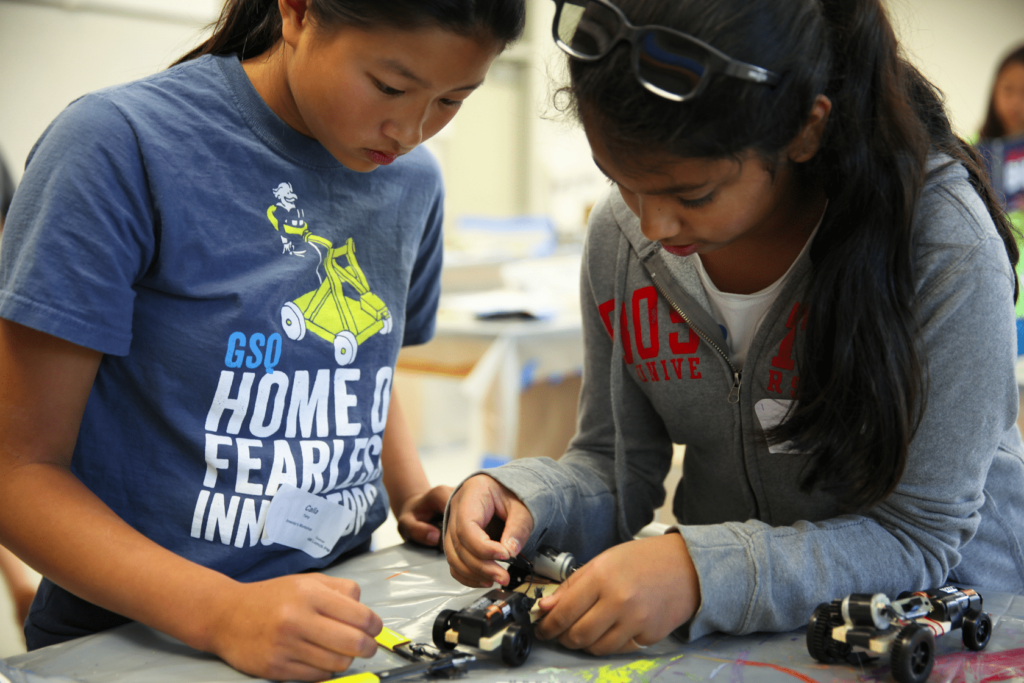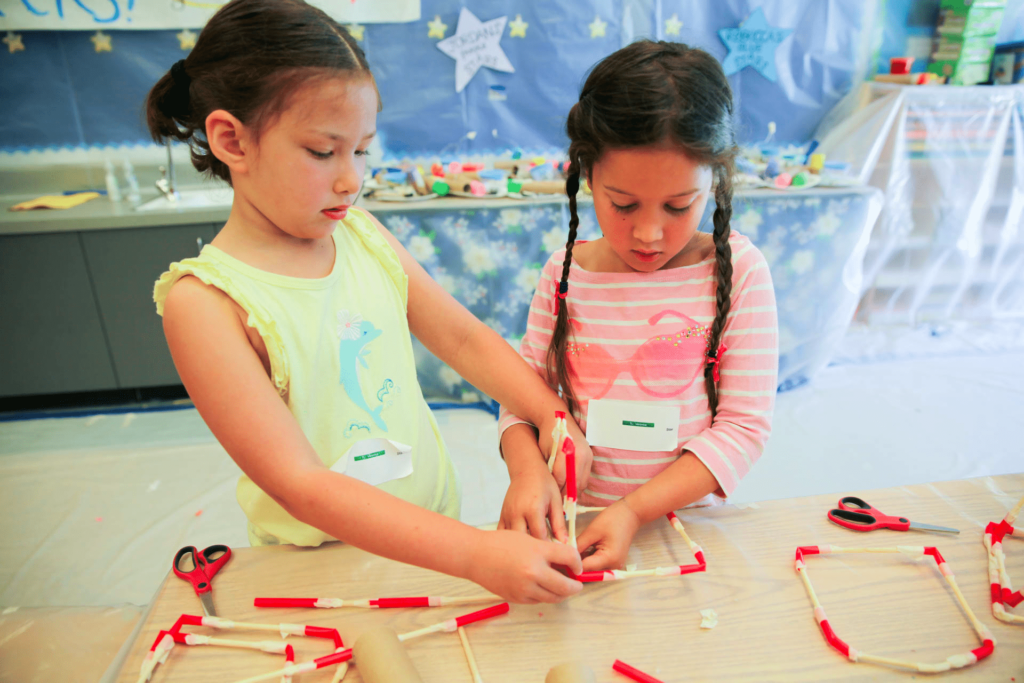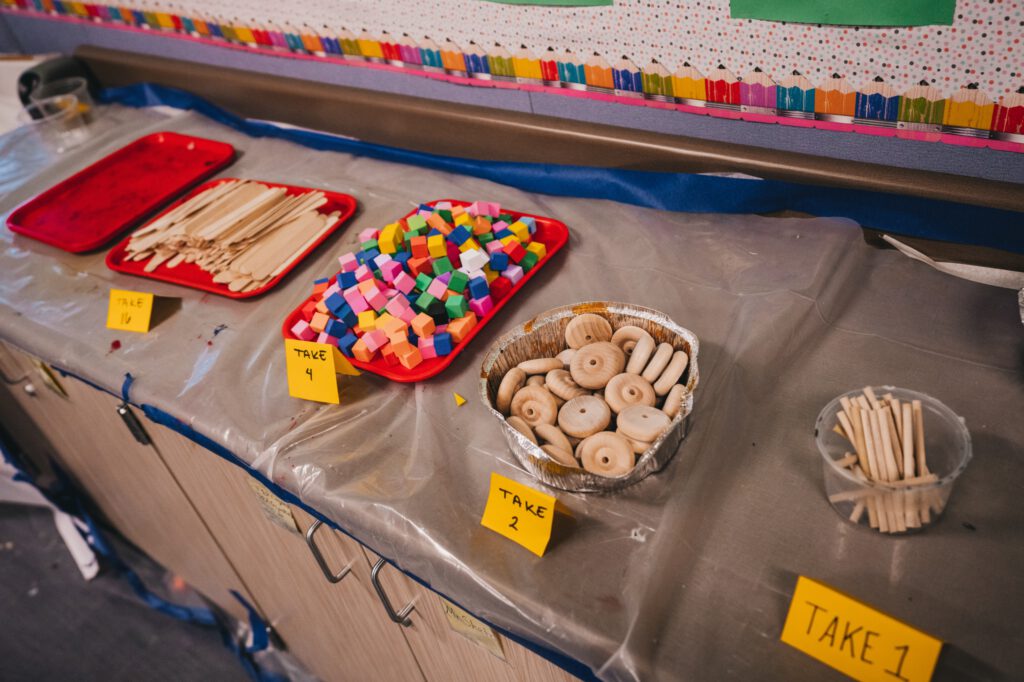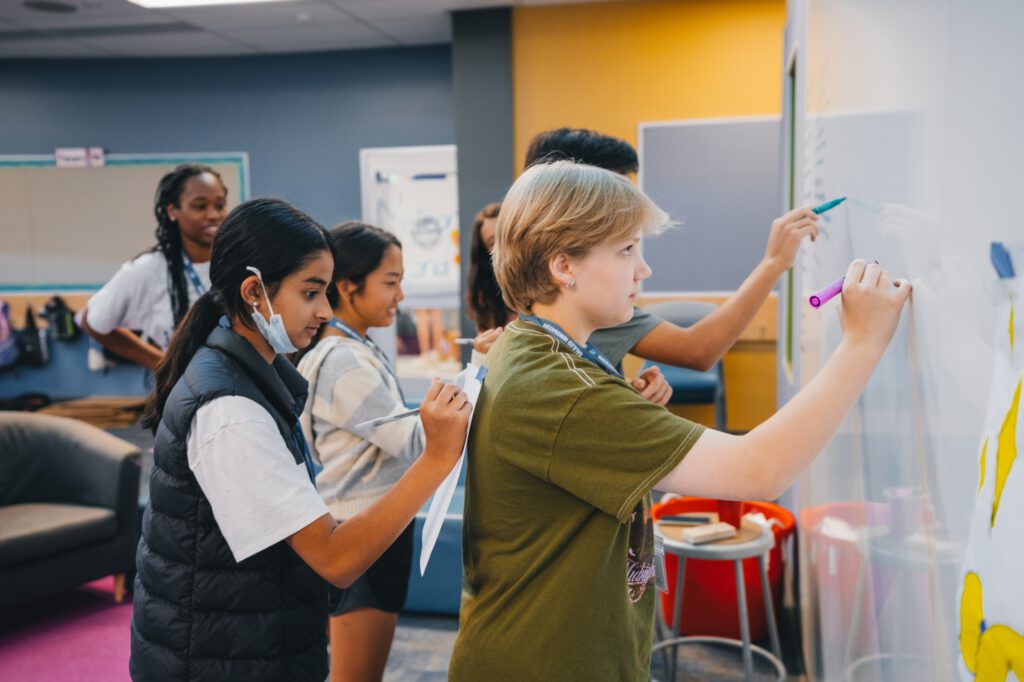The U.S. Bureau of Labor Statistics predicts that the highest growth in job numbers between now and 2030 will be in STEM professions. In light of this projected growth, the persistent inequality of gender representation in STEM fields remains a serious concern. For example, did you know that only 18% of Microsoft’s engineers are women? On average, women fill less than 1/3 of scientific research and development positions in the world.
The Challenges
A recent Microsoft survey highlighted the fact that girls and boys have a similar interest in and excitement for STEM subjects around age 11. However, by the time these young people turn 15, the situation tends to look a lot different with more girls supposedly losing interest. Why does this happen? While there are no definitive answers, some studies have revealed some factors, including:
- Peer pressure
- A lack of role models in STEM professions
- A lack of support from parents and teachers
- Perceived inequality in the workplace which makes occupational success difficult
- Societal norms that encourage boys to take risks and discourage the same risk-taking from girls
- Stereotypes that reiterate the idea that boys are inherently better at STEM subjects than girls
The teenage years are angsty and difficult. We all know this. High schoolers don’t want to feel left out. For many young women, choosing STEM subjects can feel like social exile when friends tend to choose other paths.
Girls who pursue STEM also tend to have a greater ability to withstand unfair discrimination, often experienced in educational settings and the workplace. Social conditioning is another powerful force that contributes to this disparity. When people in positions of authority, including parents, discourage girls from studying or pursuing careers in mathematics, engineering, or the hard sciences, they are less motivated to do so.
One solution? Girls in STEM fields have to develop resilience. In one of our favorite TED Talks, Reshma Saujani, founder and CEO of Girls Who Code, posits that “girls feel like they have to be perfect. We need to teach them to be imperfect. The process of learning how to code is learning how to fail. We need to teach girls that it is all right to sit with that discomfort of not knowing the right answer, right away.”

The Way Forward
Here are even more strategies that can decrease the growing disparity of professional women in STEM fields and motivate more girls to ignite their passion for science:
- Show girls that creativity and STEM subjects are not mutually exclusive. Combined, they are a phenomenal force that can make big changes in the world.
- Foster inclusive spaces at school and work where women’s opinions are valued and their potential in hard sciences are recognized. Mentors who build confidence, along with parental encouragement makes all the difference.
- Introduce contemporary role models. Knowing about Marie Curie, Hedy Lamarr, and Ada Lovelace is not enough. Girls need to learn about the ladies, including women of color, who are currently making huge strides in STEM. Put their faces up on walls as the heroes that they are, read about their lives, and get involved in activities based on knowledge they pioneered.
- Get involved in the classroom by suggesting the incorporation of STEM-focused projects and curricula that engage girls (and their classmates) with fun, hands-on projects connected to their lives.

For a long time, STEM subjects got a bad rap in popular culture. Advanced Math and Science classes were looked down on as markers of nerd and geekdom. This perception has been changing as millennials emerged as digital natives who are quite aware that careers in coding and computer science can be lucrative and world-changing (and that “nerd” and “geek” aren’t shameful words).
Helen Chiang, general manager of the Minecraft Franchise, says that learning in a community of like-minded students plays a big part in keeping girls on a STEM track. She also credits her parents with nurturing her talents and making sacrifices to enable her to pursue her interests.
There’s a long way to go, but things are looking up. Colleges are working to increase gender parity, and in 2016, Dartmouth graduated more female than male engineers for the first time in its 250-year history. Forward-thinking companies are starting to recognize that a variety of perspectives coupled with technical expertise adds a immense value to their culture and impact.
—
At Galileo, we encourage campers of all backgrounds to discover new skills by exposing them to science, technology, and engineering projects. We build resilience by teaching our campers that failure is okay, and should even be celebrated as a tool to bring them one step closer to a solution. If you’re interested in learning more about our summer camps in your area, click the button below to find a location near you.





